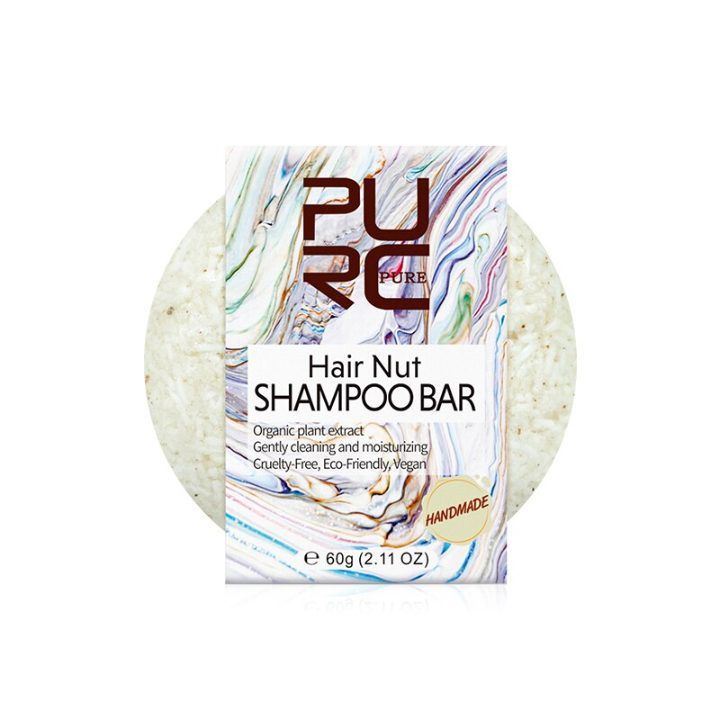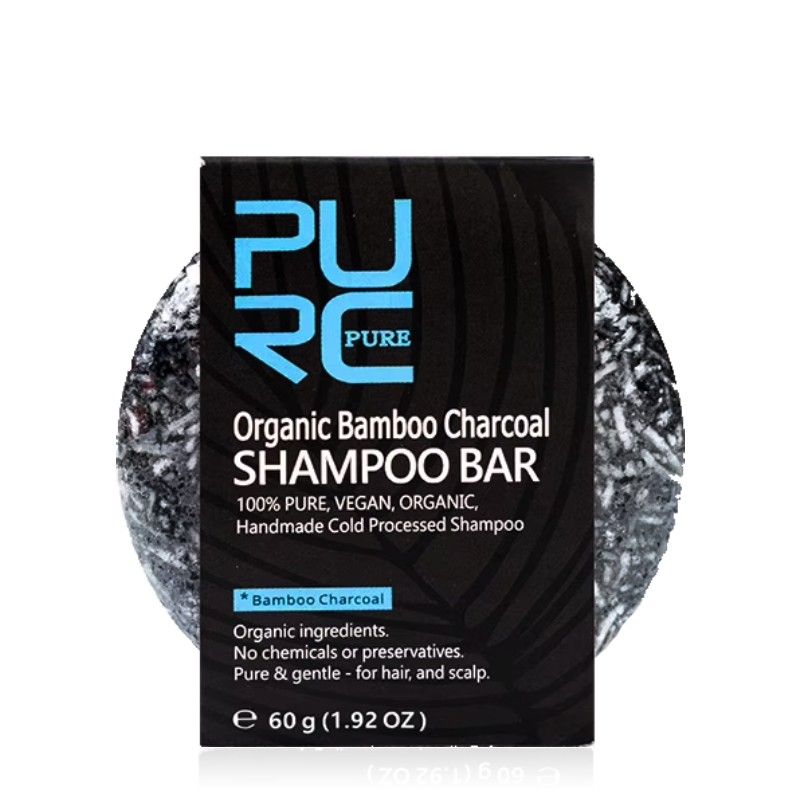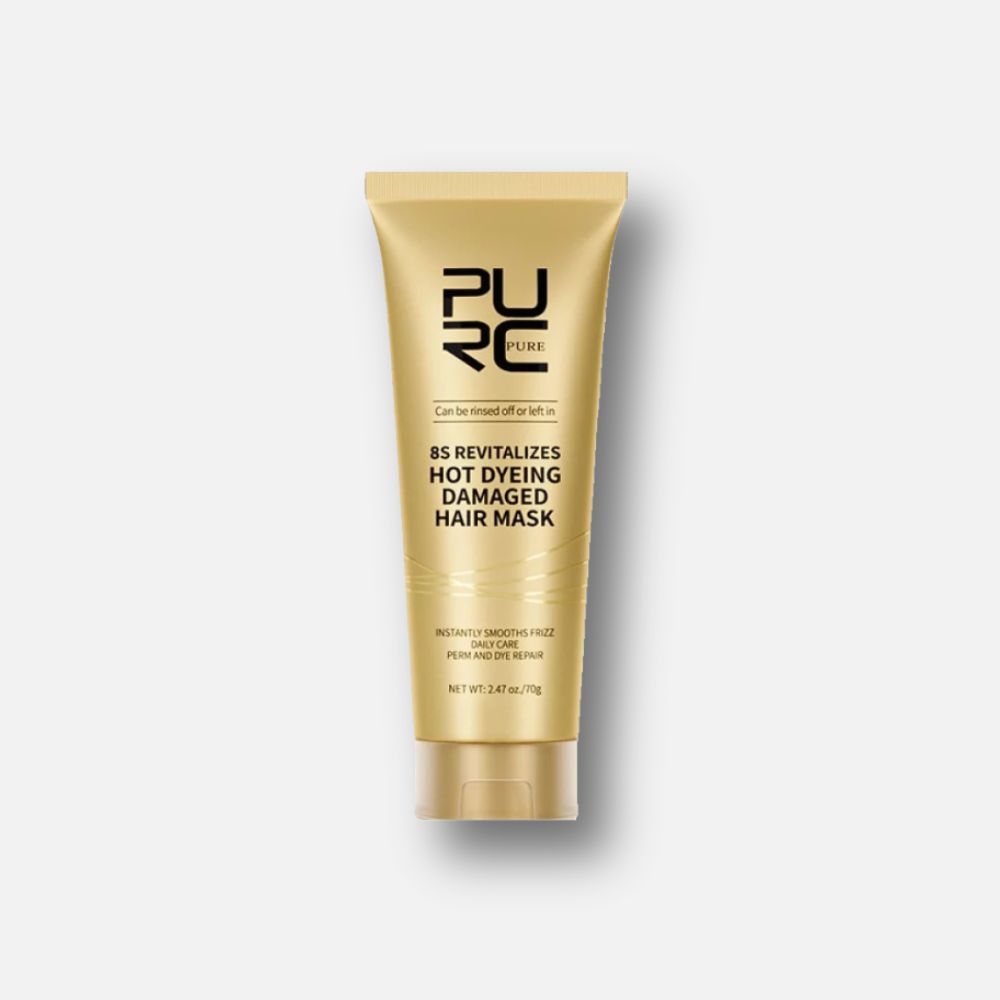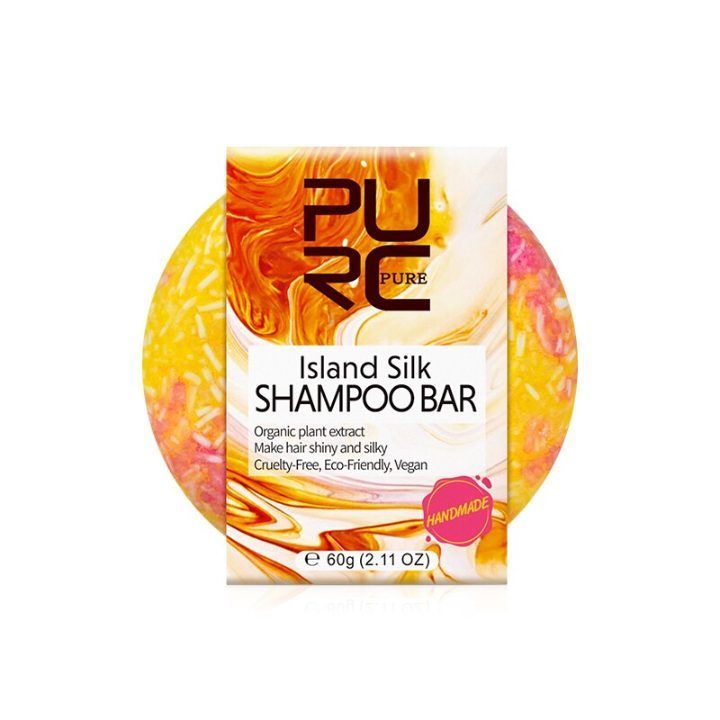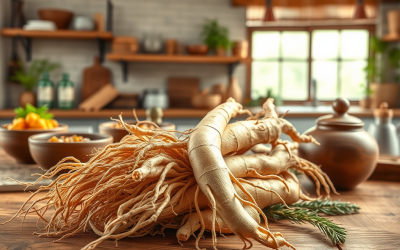
Because sustainability is no longer about doing less harm, but more good.
With the rise in temperature, greater pollution levels, and number of natural calamities, people are realising the importance of living sustainably. But sustainability is not only limited to the environment. Sustainability is about the kind of development that fulfils the needs of the present generations without threatening the fulfilment of the future generation’s needs. If Earth’s resources are used without any prudence, then soon there would be nothing left for the future! While steps need to be taken at a larger scale through policies, your everyday habits can also contribute towards a sustainable world. Here are seven tips you can do to practice a sustainable lifestyle.
7 tips you can do to practice a sustainable lifestyle
Avoid Using Plastics

Plastic makes up for a majority of the disposed waste, both on land and in sea. Constituted heavily in our everyday life, it is one of the greatest threats to Earth’s life forms. Paper or metals can decompose or be recycled. Plastic, on the other hand, takes upto 1000 years to decompose and can only be recycled twice. Therefore, eliminating plastic from our lives is a necessity. Although it is hard to completely stop using plastic, there are a few things that can be done.
To avoid using plastic polyethene, you can opt for canvas or cloth bags. There are many YouTube videos on DIY cloth bags that can help you make your own bag from old clothes. Plastic straws can be replaced with metal or bamboo straws. This also helps you avoid using paper straws, which saves the trees. Instead of buying plastic bottles, you can carry glass or metal bottles with you. Using silicon or metal containers can also help avoid plastic ones.
Reuse As Much As You Can
Since it is impossible to completely stop using single-use products, the next best step is to reuse items. Before throwing out anything, try to make use of it as much as possible. This is done to extend the lifespan of the product.
The plastic containers from your takeout can be used to store food items. Your clothes can either be given away to those who might need it or reused to make household items.
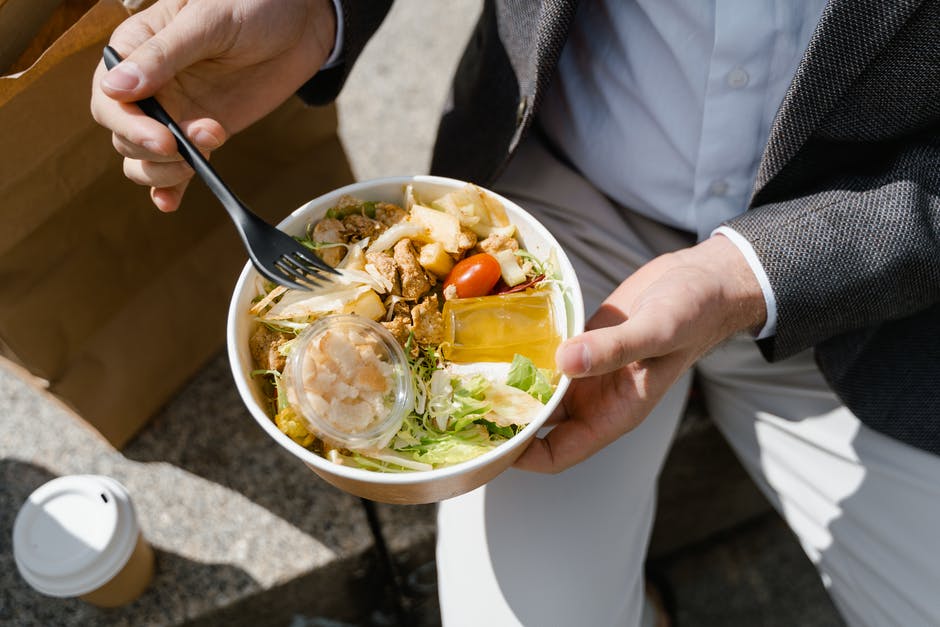
Old rags can be used as dusting or cleaning clothes. Water from cooking can be used to water plants. Detergent water from laundry can be used for cleaning floors and so on. The concept of reuse is not only limited to products, but can be extended to other resources as well.
Conserve Water

Water is one of the most crucial resources on Earth, yet 1.2 trillion gallons of it is polluted each year. Multiple life forms depend on water for their existence. Consuming polluted water can cause various diseases. Excessive use of water can also result in lowering the groundwater levels and result in scarcity. Water shortages have been a common occurrence in all cities in recent years.
You can save water in and around your home by making a number of small changes. Turning the tap off while brushing teeth or cleaning your face, taking shorter showers, reusing laundry water are a few steps that you can take. Instead of wasting your drinking water, you can use it to water plants or your pets. You can also opt for methods like rain water harvesting and groundwater recharge.
Save Energy Resources
Another important resource that sustains us is air. Heavy carbon emissions that are emitted from energy fuel consumption can adversely affect the environment. It contributes towards higher temperature rates, climate change crisis, air pollution, and so on. Switching to sustainable sources of energy, thus, becomes important.

You can start with small steps like turning off lights, fans, and other idle appliances when not in use. Use heaters, geysers, and air conditioners only when necessary. You can also switch to renewable sources of energy to power your home. You can also opt for carpooling or travel by public transport. Taking these steps will not only help improve the quality of our life and planet, but also save you money.
Give Away Reusable Items

Oftentimes there are items around our homes that we don’t use and simply throw away. Even though these items could be used by someone else, they might end up in waste. Before throwing out anything it is better to give it away. This will extend the lifespan of the item.
From old books to deshaped utensils, one man’s trash could be another’s treasure. You could donate your old clothes to charities or sell them at thrift shops. Old books, papers, and documents could either be given for recycling. Old books can be given to libraries. Papers could be used for packing purposes. Utensils that are out of shape could be donated to your domestic help or the less privileged. Any items around your house can be given away similarly.
Grow Your Own Organic Food
While buying fresh produce from the market might seem like a wise decision, the truth is something else. The process of production of food involves use of chemicals and resources that harm the environment. The pesticides and insecticides used during farming pollute the water bodies and the atmosphere. Moreover, for the transportation of the produce, fossil fuels are burned. The transportation can even result in water contamination in the oceans and harm marine life.
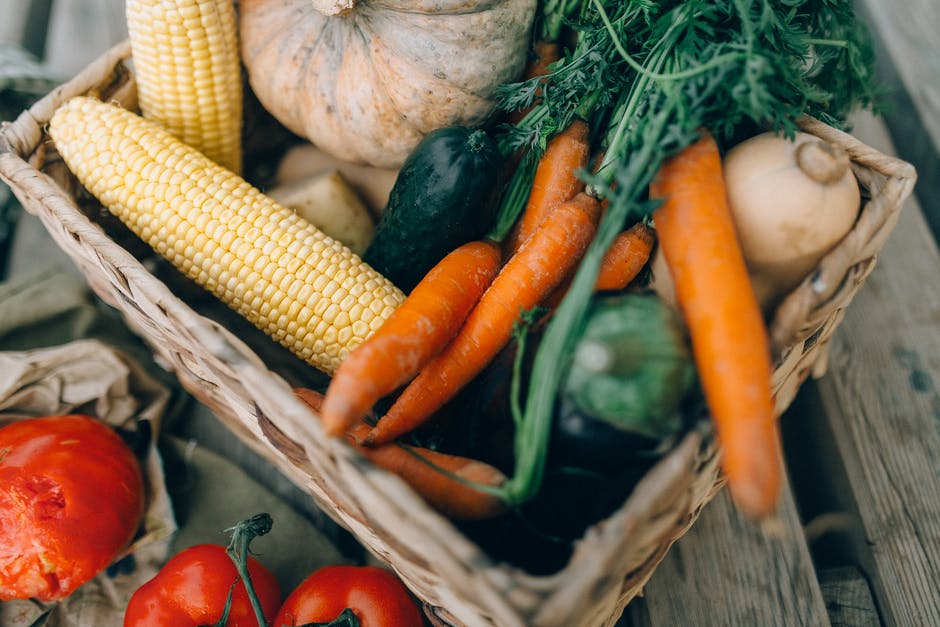
Growing your own produce can easily help tackle this issue. When you grow your own produce, you ensure it is free of any chemicals or impurities. You also reduce the reliance on long transportation cycles. This will also ensure the freshness of your produce. In addition to all this, you can even help reduce the packaging waste that might accompany market produce. On a personal level, it allows you more liberty in choosing the foods you want in your diet and saves you money as well.
Plant More Trees

This is something that we have all been listening to since kindergarten. It is true that trees are a solution to multiple environmental issues. From improving air quality to preventing soil erosion, trees are the crux of our ecosystem. One of the most known benefits of trees is oxygen production. It is said that one acre of tree cover can produce oxygen enough to sustain 18 people per year. Not only this, trees also help to remove dust and other pollutants from the air.
The soil around tree coverage areas is often much more intact. The roots of the trees keep the soil in its place and prevent soil erosion and depletion. This also helps in retaining the nutrients of the soil. Moreover, trees also absorb rainwater and reduce the runoff. Groundwater levels also get recharged through this as well as chances of floods are decreased. Trees also help to moderate the climate by balancing the effects of rain and wind. Many animals also rely on trees for their sustenance. This is how planting more trees can help counter multiple environmental issues. You can start by volunteering in plant drives or plant trees in and around your neighborhood area.
Conclusion
Living sustainably is about living a lifestyle that benefits the current and the future generations. It might seem like a tedious task, but the benefits sustainability has are incomparable. It not only helps to improve the condition of the Earth and preserve multiple species, but can also be beneficial to your home and finances.

